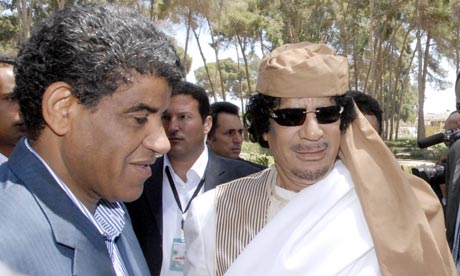By Brendan Oliver Bergh
Impunity Watch Reporter, Please See:
BRASILIA, Brazil – In the mid-morning air they emerge, staggering and glassy eyed, no real sense of direction as they shamble in dirty clothes. This is a “crackland” in Brazil, a gathering of hundreds of users of the narcotic ‘crack’ the cocaine derivative that plunged the United States in the 1990’s into a crisis that fueled today’s modern drug war. Now in Brazil something similar is happening, but wider and less hidden. Daily, hundreds of users gather in these ‘cracklands’ to openly use and sell drugs, either oblivious to the police watching or uninterested, another black eye on the South American country still reeling from the escalation in violence and murders in Sao Paulo.

Considered to be the world’s top consumer of crack cocaine with over a million users, Brazil says it’s ready to crack down on the crack epidemic. Before the World Cup arrives in 2014, officials have pledged to clean up the streets, and that means violent sweeps by Brazilian police officers.
The sometimes violent sweeps reignited debate as to whether or not there are better ways to clean up the Brazilian streets. Early January 10 a ten-year old addict was living in a ‘crackland’ when police arrived and scattered the mass of addicts. The boy was already a casualty of the cruel drug, his father dead and his mother an addict he left home days before to consume crack in the makeshift shanty towns. His older brother found him, but was unable to convince him to return home. During the raid he was trampled by the fleeing addicts, with his name added to the list of casualties claimed by the drug.
But sweeps and dismantling of these makeshift areas are not a permanent solution, and to continue in its fight against the addicts of the city Sao Paulo, officials and police will begin rounding up addicts and forcing them into treatment centers, with their consent or without. Rio de Janeiro and a few other cities have already been doing this with minors, a program heavily criticized by Human Rights Organizations. The plan set to be enforced is not said to be widespread however. Justice Secretary of Sao Paulo, Elois de Sousa stated that “These are extreme cases, and we cannot just let people die,” explaining that the forced treatment program will only be used for the worst cases, and for individuals whose requested they be brought in and cleaned up.
For further information, please see:
France 24 – Sao Paluo To Force Treatment On Crack Addicts – 11 January 2013
Reuters – Boy’s Death Highlights Brazil’s Raids On “Cracklands” – 10 January 2013
NPR – Brazil’s Drug Epidemic: Welcome To ‘Crackland’ – 1 January 2013
Huffington Post – Crack In Brazil: Authorities Debate Treatment Options For Crack Epidemic – 30 December 2012



